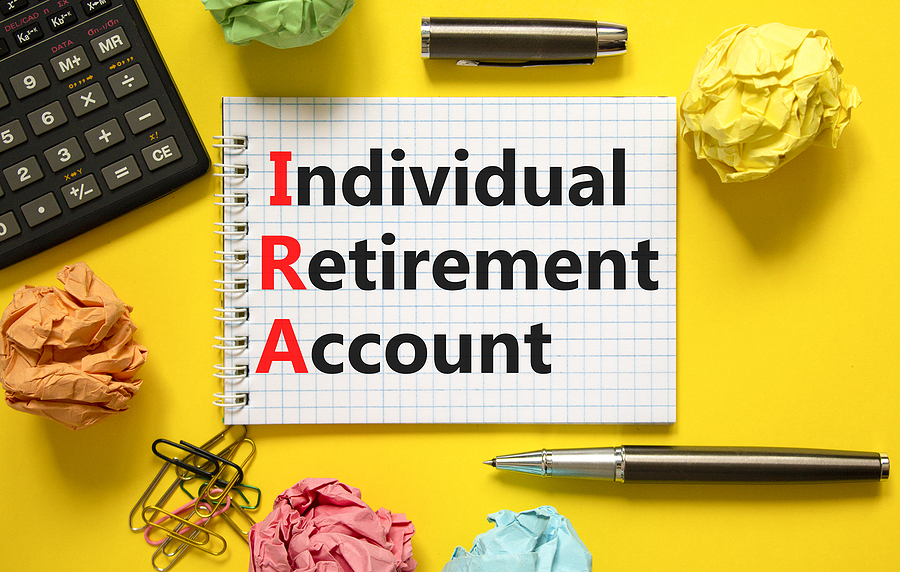It doesn’t matter if you’re young, old, or somewhere in between. It doesn’t matter how much money you’ve saved for retirement to this point. The only thing you should be thinking about is the best way to prioritize your retirement savings moving forward.
Here’s why you need to prioritize retirement savings starting today.
1. Time is on Your Side
One of the biggest advantages you have as a beginner is time. The longer your money is invested, the more time it has to grow. This means that even small contributions made early on can have a big impact on your retirement savings in the future. In fact, thanks to the power of compound interest, a dollar saved in your 20s is worth more than a dollar saved in your 30s or 40s.
But remember, everyone has to start somewhere. Even if you’re moving toward the latter stages of your life, it’s not too late to save.
2. Social Security May Not Be Enough
While Social Security is a safety net for retirement, it may not be enough to cover all your expenses. In fact, many experts recommend saving enough to replace 70-80% of your pre-retirement income in retirement. This means that you may need to supplement your Social Security income with other sources of retirement savings, such as a 401(k) or IRA.
3. You Can Take Advantage of Employer Matching
Many employers offer retirement plans such as 401(k)s and may even match a portion of your contributions. This is essentially free money that can help boost your retirement savings. If your employer offers a matching program, make sure to contribute enough to take full advantage of it.
4. You Can Benefit from Tax Breaks
Contributing to a retirement account can also offer tax benefits. Traditional 401(k)s and IRAs allow you to make pre-tax contributions, which can lower your taxable income and reduce your tax bill. Roth 401(k)s and IRAs, on the other hand, offer tax-free withdrawals in retirement. Consult with a financial advisor to determine which type of retirement account makes the most sense for your situation.
5. You Can Start Small
You don’t need to have a lot of money to start saving for retirement. Many retirement plans allow you to start with small contributions, such as $50 or $100 per month. Even small contributions can add up over time, especially when combined with the power of compound interest.
6. You Can Build Good Habits
Saving for retirement early on can also help you build good financial habits that will benefit you throughout your life. By making retirement savings a priority, you can learn to live within your means and avoid overspending. This can help you avoid debt and build a strong financial foundation for your future.
7. You Can Prepare for Unexpected Expenses
Saving for retirement can also help you prepare for unexpected expenses that may come up in the future, such as medical bills or job loss. By having a retirement nest egg, you can have peace of mind knowing that you have a financial cushion to fall back on if needed.
8. You Can Enjoy a Comfortable Retirement
Finally, saving for retirement can help ensure that you can enjoy a comfortable retirement. By starting early and contributing consistently, you can build a retirement nest egg that can support your lifestyle in retirement. This can include things like travel, hobbies, and spending time with loved ones, without having to worry about financial stress.
Conclusion
Prioritizing retirement savings as a beginner is crucial for a secure financial future. Remember this: time is on your side, Social Security may not be enough, employer matching and tax benefits are available, and you can start small.
Building good financial habits and preparing for unexpected expenses can also benefit you in the long run. Don’t wait to start saving for retirement – the earlier you start, the better off you’ll be in the future.
At what age did you start saving for retirement? Are you ready to get even more serious about your approach to saving?


Related Posts :
Planning for Early Retirement: Tips and GuidanceHow to Reach Your Retirement Savings Goals in 2022